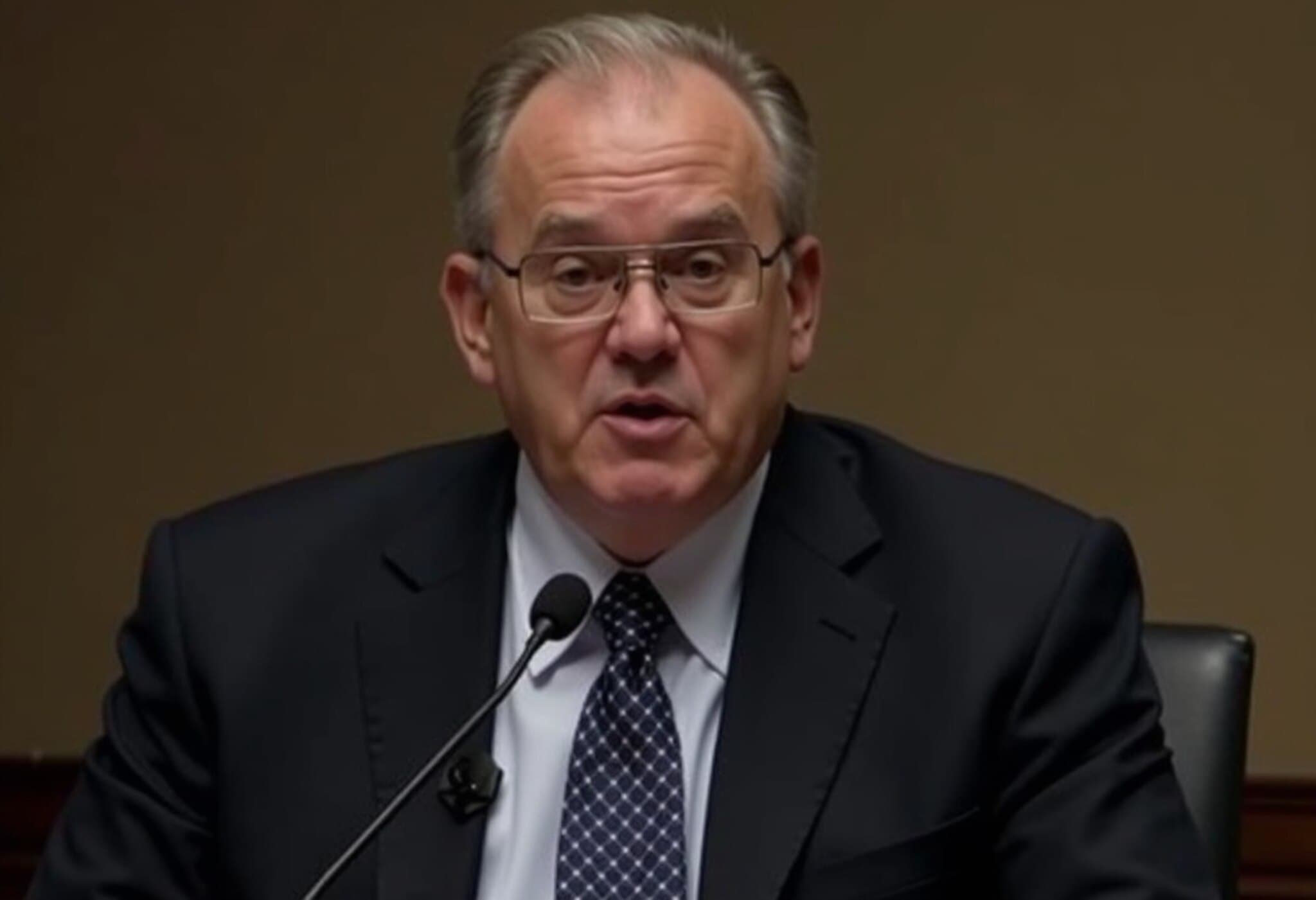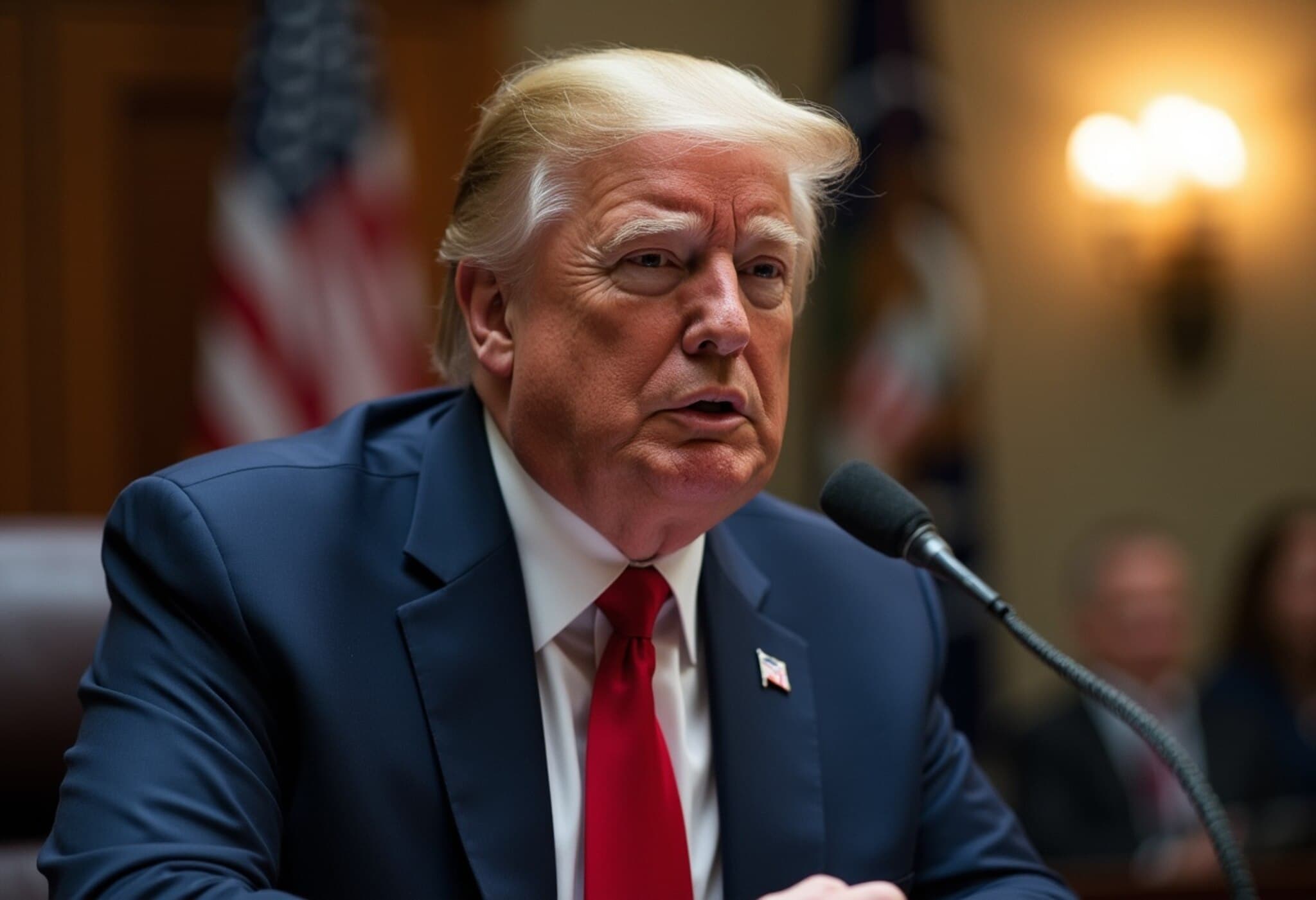Government Releases Thousands of MLK Assassination Files Amid Political Turmoil
More than five decades after the tragic assassination of civil rights icon Dr. Martin Luther King Jr., the U.S. government quietly posted nearly a quarter-million pages of files on the investigation to the National Archives website. This sizeable disclosure occurred without prior announcement and immediately sparked mixed reactions among civil rights advocates, historians, and political observers.
Transparency or Political Diversion?
While the Trump administration touted the document release as a landmark move toward transparency, notable voices challenged the timing and intent. Prominent civil rights leader Rev. Al Sharpton slammed the gesture as a distraction tactic amid escalating public scrutiny over the administration’s handling of files related to the Jeffrey Epstein scandal. "This move appears designed to shift focus, drawing attention away from the firestorm engulfing the White House," Sharpton remarked.
King’s daughter, Bernice King, expressed frustration, posting on social media a poignant message that bluntly described the MLK file release as a “distraction” while pressing for the long-overdue release of Epstein-related documents. This juxtaposition highlights a growing perception that the King files are being leveraged to dilute attention from contemporary controversies involving powerful figures.
What the Newly Released Files Reveal—and What They Don’t
Despite the sheer volume, experts agree the trove offers little in terms of groundbreaking revelations. According to Pulitzer Prize-winning biographer David Garrow, the documents mainly encompass repetitive FBI memos, dated reports, press clippings, and public tips that largely reiterate what is already on public record.
Among the materials are detailed fragments of the manhunt for King’s alleged assassin, James Earl Ray, shedding light on Ray’s unconventional interests, including locksmithing and dance, and his use of numerous aliases. Nonetheless, the files neither confirm nor dispute the long-standing government stance that Ray acted alone—a conclusion that continues to be a point of vehement debate.
Enduring Questions About Conspiracy and Surveillance
Conspiracy theories about the assassination implicate entities like the FBI, Memphis police, and even foreign intelligence agencies. Yet, this cache of documents does little to quell these claims. Notably absent are the FBI wiretap recordings surveilling King, a critical piece of evidence under court order until 2027, which could potentially illuminate the bureau’s contentious role during this historic period.
Historically, the FBI’s surveillance campaign against King sought to undermine his morality and cripple the civil rights momentum. The newly unveiled files reaffirm the extent of government scrutiny but stop short of exposing new data about the covert operations against him.
The King Family’s Perspective
Martin Luther King III and Bernice King jointly called for empathy and respect in engaging with the material. "Our father was relentlessly subjected to invasive and predatory surveillance aimed at discrediting his moral authority," they emphasized while reminding the public of their family’s ongoing grief.
Contextualizing the Release in Today’s Political Climate
This episode serves as a stark reminder of how historical narratives are often interwoven with contemporary political battles. The timing of the King files’ release amid intensified scrutiny over President Trump’s associations underscores ongoing challenges around government transparency and public trust.
Expert Commentary: Legal and political analysts caution that while document disclosures are vital, true transparency requires full and timely release of all relevant materials. The sealed Epstein files remain a glaring omission that fuels suspicions of selective disclosure to protect powerful interests. Furthermore, the persistence of conspiracy theories surrounding King’s assassination highlights the deep scars in America’s socio-political fabric, underscoring the need for continued scholarly examination and public dialogue.
What’s Next?
- Public awaits the unsealing of FBI wiretap recordings in 2027, potentially unveiling more about government surveillance tactics.
- Activists and family members continue to demand the release of Epstein-related files, questioning selective transparency.
- Historians urge a comprehensive, context-rich approach to archival releases to educate and honor legacies effectively.
Editor's Note
The recent unveiling of Martin Luther King Jr. assassination files arrives as much a political flashpoint as it is a historical moment. While the volume of documents is staggering, readers should temper expectations regarding revelations. This event invites reflection not only on a pivotal chapter in American history but also on how governments manage information amid competing narratives and ongoing scandals. Ultimately, it compels us to ask: Are we witnessing genuine transparency or orchestrated diversion? The answer may shape public trust for years to come.



















